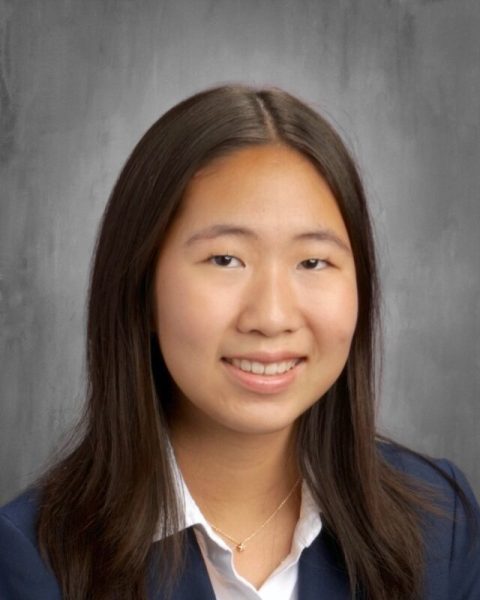Each year, the Hill community gathers on Martin Luther King Jr. Day to celebrate his legacy by focusing on one aspect of his efforts toward achieving social justice. This year’s chosen pillar focused on community building through nonviolent ways, including forgiveness. With the theme in mind, Rev. Khristi L. Adams, the Dean of Spiritual Life & Diversity, Equity & Inclusion, the Firestone Endowment Chaplain, and an Instructor of Religious Studies, and students of the Diversity, Equity, and Inclusion Council embarked on a journey to find a suitable speaker to address one of MLK’s six principles of non-violence.
In the spring of 2023, Adams already had begun planning MLK Day for the 2024 school year. Depending on each year’s topic, she mentioned that there is not necessarily always a speaker. Instead, other community-wide activities may be more effective in conveying the message of the specific theme. Adams spoke to the significance of “planning with intention” rather than being last minute or spontaneous. After coming across Nelba Márquez–Greene on social media and discovering repeated personal connections, Adams knew she had found the speaker for the approaching year. What stood out most about Márquez–Greene was that after looking at the faces of the students at Sandy Hook Elementary School, she was “a Latino woman”, the only person of color. More importantly, after doing more research, it was evident that “she speaks with such grace, such compassion, and such power,” Adams further expressed.
Prior to the speaker on January 15th, 2024, the co-chairs of the DEI Council and other select student leaders enjoyed dinner with Márquez–Greene. During their time together, they became acquainted with each other and therefore established a level of comfortability surrounding the tragic incident at Sandy Hook. Alyssa Diwale ’25, Co-Chair of the Student DEI Leadership Council, claimed that leaders were able to “alleviate the awkwardness and find a comfort level with them.” The next day, following Márquez–Greene’s presentation, both DEI Council and SAMH Co-chairs went on stage to facilitate a discussion going more in-depth about the aftermath of the tragedy. Their initial discussion with Márquez–Greene allowed them to ask more well-suited questions that would not cross boundaries
After students watched Just Yesterday: Sandy Hook Ten Years Later, Márquez–Greene described the actions she took following the death of her daughter at Sandy Hook Elementary School. On December 14th, 2012, while she was waiting for news of her children, she checked her phone and saw a comment from a stranger on her recent post which read “Love Wins” in spite of everything. At that moment, she completely underestimated how guiding and central that statement would be to her journey. Even today, she continues to honor the legacy of her daughter, Ana Grace Márquez-Greene, through numerous ways, such as through The Ana Grace Project and The CREC Ana Grace Academy of the Arts Elementary Magnet School. For her, the grief from that day will always remain, but despite that, she and her family have still found ways to continue to find joy in their lives.
With an empowering speaker like Márquez–Greene, she undoubtedly left a lasting impact on all students in various ways. Adams intended for the speaker “to make them think, to reflect, to think about their own lives. How they can lend their own voice to injustice; how [their everyday lives and behaviors] may or may not be contributing to a climate of violence.” While the message implied by not only the speaker but also Just Yesterday: Sandy Hook Ten Years Later is the same, the interpretation and effect can be different for each individual. Many students interpreted the message of Márquez-Greene in the context of their own circumstances. Scarlett Katz ’26 claimed, “[Márquez–Greene’s] ability to prevail over tragedy in loss is truly an inspiration to me. I hope that if something like that ever happens to me, I can follow in her footsteps as a strong woman, mother, and community member.”
Márquez–Greene’s influence has certainly affected all of the Hill Community as she posed countless questions for us to grapple with other our own. Diwale concluded with one more question, “How can we make an impact on this community in a kind way?”

























